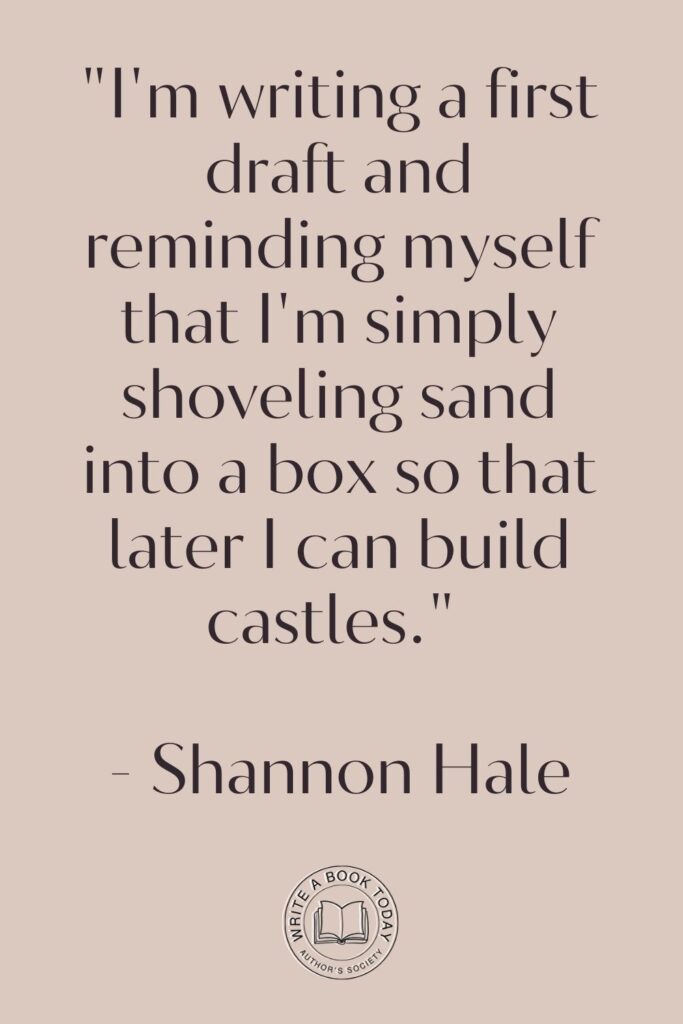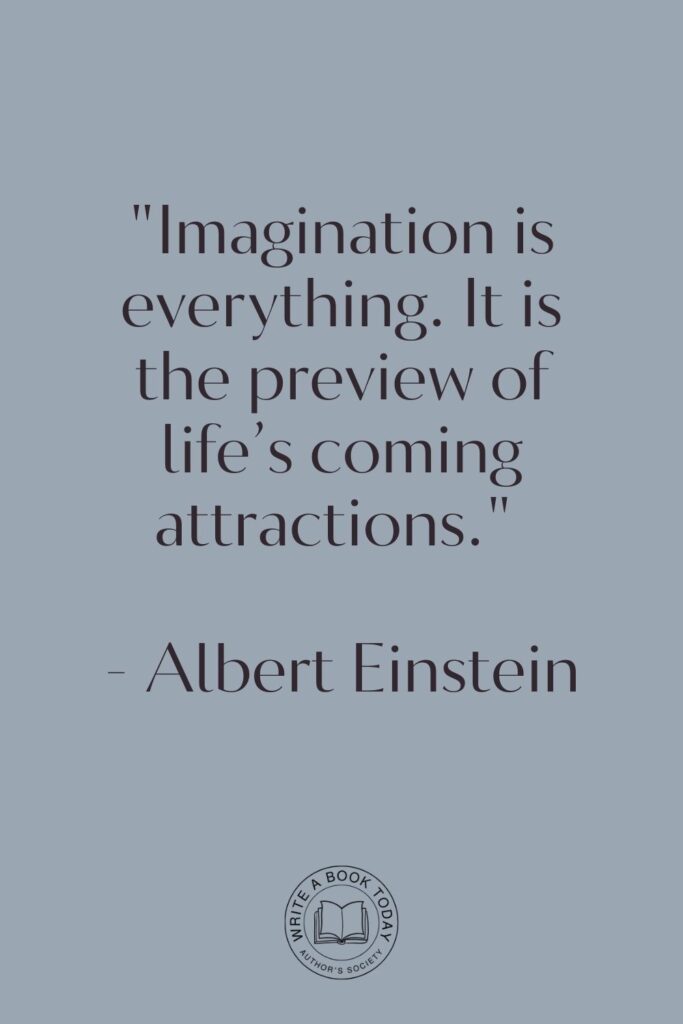Imagine a world where every character in a story is as flat as a pancake. Not a very appetizing tale, is it? Now picture those same characters infused with humor, each one a delightful puzzle piece contributing to the grand mosaic of narrative.
Humor in character development can be that secret spice, transforming ordinary figures into unforgettable personas.
But why does humor have such a profound effect on our perception of characters? And how can writers harness this power to create characters that linger long after the last page is turned?
The Role of Humor in Character Development
Humor is not just a frivolous add-on in storytelling; it is a robust tool that adds depth and dimension to characters. It acts like a window into a character’s soul, revealing their vulnerabilities, strengths, and even hidden desires. By incorporating humor, writers can create layers of complexity, making their characters feel more authentic and relatable.
Understanding Humor’s Psychological Impact
Delving into the psychological impact of humor unveils why it is so effective in character development. Humor triggers emotional responses, often bridging gaps between characters and readers.
It can alleviate tension, highlight conflicts, and even serve as a coping mechanism for characters facing adversity. When a character uses humor to navigate their world, it provides insight into their psyche, offering clues about their emotional state and personal growth.
Consider humor as a reflection of a character’s inner world. When writing, think about how a character’s sense of humor might reveal their fears or ambitions.
Use humor to showcase personal growth, such as a character who learns to laugh at themselves. This not only makes them relatable but also deepens their emotional journey.
Why Humor Makes Characters Memorable
Have you ever noticed how characters with a witty remark or a humorous quirk stick in your mind? Humor has a way of embedding characters into the reader’s memory.
It humanizes them, making their struggles and triumphs resonate more deeply. A well-timed joke or a playful exchange can endear a character to readers, ensuring they remain etched in their minds long after the story concludes.
Moreover, humor can serve as a signature trait that distinguishes characters from one another. In a sea of personalities, a character’s unique sense of humor can be their calling card, making them instantly recognizable and beloved by audiences.
This memorability is not just a result of humor itself, but how it is intricately woven into the character’s identity and narrative arc.

Techniques for Incorporating Humor into Characters
Incorporating humor into characters requires finesse and an understanding of timing and context. It’s not merely about inserting jokes but crafting moments that feel genuine to the character’s personality and the story’s tone.
Finding the Right Type of Humor
Every character’s humor should be as unique as their fingerprint. Some might favor sarcasm, others dry wit, while some may rely on slapstick or self-deprecation.
The key is to match the humor style with the character’s background, experiences, and worldview. For instance, a character who has faced numerous hardships might use dark humor as a shield, while an optimistic character might lean towards light-hearted puns.
- Consider the character’s background when choosing their humor style.
- Ensure the humor is consistent with the character’s personality.
- Use humor to reveal deeper aspects of the character’s psyche.
- Adapt the humor to fit the story’s tone and setting.
Experiment with different types of humor to see what fits your character best. Try writing scenes where your character interacts with others using various humor styles. Pay attention to what feels authentic and enhances the character’s voice. Remember, humor should illuminate, not overshadow, the character’s true essence.
Balancing Humor with Seriousness
While humor is a powerful tool, balance is crucial. Overloading a character with humor can diminish their depth, reducing them to mere comic relief. Instead, use humor to complement serious moments, allowing for a richer emotional palette.
This balance can enhance dramatic tension and provide poignant contrasts that make the narrative more engaging.
Consider a scene where a character faces a dire situation. A touch of humor can offer relief, making the moment more impactful without undermining its seriousness.
The trick lies in knowing when to inject humor and when to let the gravity of the situation speak for itself. This delicate dance between humor and seriousness can elevate the storytelling, creating a dynamic and immersive experience for readers.
Crafting Relatable and Engaging Characters
Relatable characters are the heart of compelling stories. They draw readers in, inviting them to walk in their shoes and see the world through their eyes. Humor can be a bridge that connects readers to characters, making them feel like old friends.
Using Anecdotes to Enhance Humor
Anecdotes are a fantastic way to infuse humor into character development. They provide backstory, reveal quirks, and showcase the character’s unique perspective.
A well-placed anecdote can highlight a character’s eccentricities or past experiences, adding layers to their personality. These snippets of humor make characters feel more grounded and relatable, as if they have lived a life beyond the pages of the book.
Use anecdotes to reveal a character’s history and personality. Think about humorous incidents from their past that shaped who they are today. These stories can serve as a foundation for their actions and reactions in the narrative. Anecdotes not only entertain but also deepen the reader’s connection to the character.

Creating Flawed Characters that Resonate
Perfection is overrated, especially in storytelling. Flawed characters are more relatable and engaging because they mirror the imperfections of real life. Humor can highlight these flaws, making characters more endearing and human.
A character’s clumsy attempts at humor or awkward social interactions can underscore their vulnerabilities, drawing readers closer.
Consider a character who uses humor to mask their insecurities. Their witty comebacks might be a defense mechanism, a way to navigate social challenges.
This complexity adds richness to the character, inviting readers to empathize with their struggles and root for their growth. By embracing their imperfections, writers can craft characters that resonate deeply with audiences.
Exploring Humor Through Different Genres
Humor is a versatile tool that transcends genres, offering unique opportunities for character development across various storytelling landscapes. Whether in fiction or non-fiction, humor can enhance narratives, making them more engaging and memorable.
Humor in Fiction vs. Non-Fiction
In fiction, humor can be a vehicle for creativity, allowing characters to break free from conventional molds. It can be woven into fantastical worlds or grounded in reality, offering readers a fresh lens through which to view the story.
Fictional characters can use humor to challenge norms, question societal structures, or simply entertain.
| Aspect | Fiction | Non-Fiction |
|---|---|---|
| Purpose | Entertain and challenge norms | Engage and inform |
| Character Use | Develop personalities and arcs | Illustrate real-life scenarios |
| Effect | Create empathy and connection | Offer insights and relatability |
In non-fiction, humor serves to engage and inform, making complex topics more accessible. It can humanize subjects, turning abstract ideas into relatable anecdotes.
By incorporating humor, writers can demystify daunting subjects, inviting readers to explore new concepts with an open mind.
Cultural Contexts and Humor
Humor is deeply rooted in cultural contexts, and what tickles one audience might leave another puzzled.
Understanding cultural nuances is essential when crafting humorous characters. A character’s humor should resonate with their cultural background, reflecting the values, traditions, and idiosyncrasies of their environment.
Consider a character from a multicultural background, navigating different worlds with their humor. Their ability to adapt and blend humor styles can be a testament to their resilience and adaptability. This cultural interplay enriches the narrative, offering readers a glimpse into diverse perspectives and experiences.

Encouraging Creativity in Your Writing Journey
Writing is a journey of discovery, and humor can be a guiding light, illuminating paths of creativity and expression. By embracing humor, writers can unlock new dimensions of storytelling, crafting characters that captivate and inspire.
Experimenting with Humor without Fear
Fear is the enemy of creativity. To truly harness the power of humor in character development, writers must be willing to experiment and take risks. Not every joke will land, and not every character will resonate, but the journey is what matters.
By exploring different humor styles and character dynamics, writers can discover their unique voices and styles.
Don’t be afraid to push boundaries with humor. Try writing scenes that challenge your comfort zone and exploring humor in unexpected places. Embrace failures as learning opportunities, refining your craft with each attempt. Remember, humor is a tool for exploration, not perfection.
Engaging Your Audience with Playful Writing
Playfulness is at the heart of engaging writing. By infusing narratives with humor, writers can create a dialogue with their audience, inviting them to join in the fun. This playful approach fosters a sense of community, where readers feel like active participants in the story.
Consider writing in a way that encourages interaction, whether through rhetorical questions, humorous asides, or interactive elements.
This engagement transforms reading from a passive activity into a shared experience, where readers feel connected to the characters and the writer’s creative journey.
In the end, humor in character development is more than just a tool—it’s a bridge that connects the writer, the characters, and the audience in a shared celebration of storytelling. By unlocking the secret power of humor, writers can craft characters that are not only unforgettable but also deeply human.








